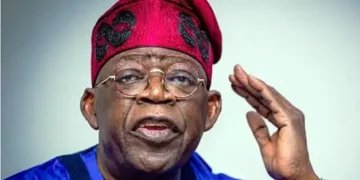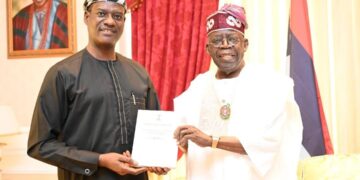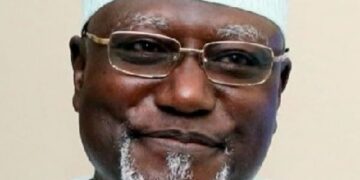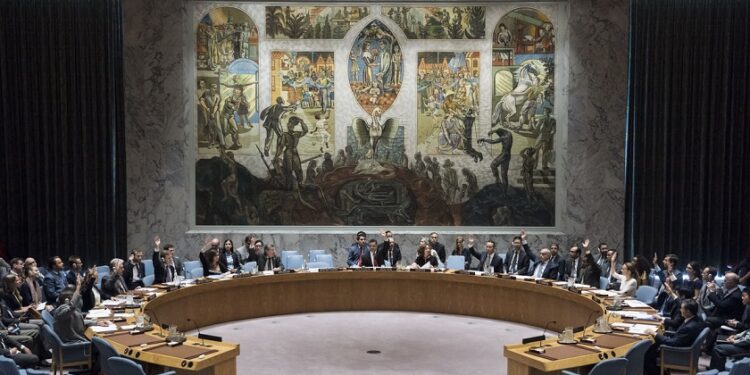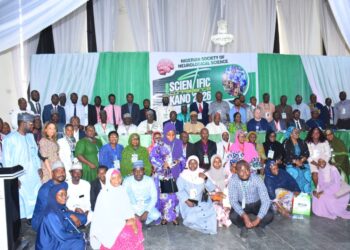US supports two permanent UN Security Council seats for Africa
The United States has officially expressed support for the creation of two permanent seats on the United Nations Security Council (UNSC) specifically for African states.
This announcement was made by U.S. Ambassador to the U.N., Linda Thomas-Greenfield, as part of a broader initiative aimed at reforming the UNSC to better reflect contemporary geopolitical realities and address historical injustices related to representation.
The push for increased representation of African nations in the UNSC is not a new concept; it has been a long-standing demand from developing countries, particularly those in Africa.
The current structure of the UNSC, which includes five permanent members with veto power (the United States, Russia, China, France, and the United Kingdom), has been criticized for not reflecting the demographic and political changes that have occurred since its establishment in 1945. At that time, many African nations were still under colonial rule.
READ ALSO: Five things to note about the UN Ocean Conference
The U.S. support for two permanent seats is seen as an effort to repair relations with African nations that have been strained due to various geopolitical issues, including Washington’s stance on conflicts such as the war in Gaza. By advocating for these permanent seats, the U.S. aims to strengthen its ties with Africa and acknowledge its significant role in global affairs.
In addition to supporting two permanent seats for African states, Thomas-Greenfield indicated that there would also be one rotating seat designated for small island developing states. This proposal aligns with ongoing discussions about how to enhance representation within international institutions and ensure that voices from all regions are heard in critical global decision-making processes.
The proposal is part of a larger agenda that includes U.S. backing for other nations like India, Japan, and Germany to also gain permanent seats on the UNSC. However, it is important to note that while there is support for expanding membership, there is no intention from the U.S. or other permanent members to extend veto power beyond the current five nations.
Despite this positive step towards reforming the UNSC, achieving actual change will require significant negotiation and consensus among member states. Any amendments to the UNSC’s structure necessitate changes to the U.N. Charter itself, which requires approval from two-thirds of member states in the General Assembly as well as ratification by all five permanent members.
Historically, discussions around UNSC reform have faced numerous obstacles and have often stalled due to differing national interests and geopolitical rivalries among member states. The recent geopolitical tensions—particularly following Russia’s invasion of Ukraine—have further complicated these discussions.
The U.S.’s endorsement of two permanent seats for African nations represents a crucial acknowledgment of Africa’s growing influence on global issues and reflects an understanding that equitable representation within international bodies is essential for their legitimacy and effectiveness.







